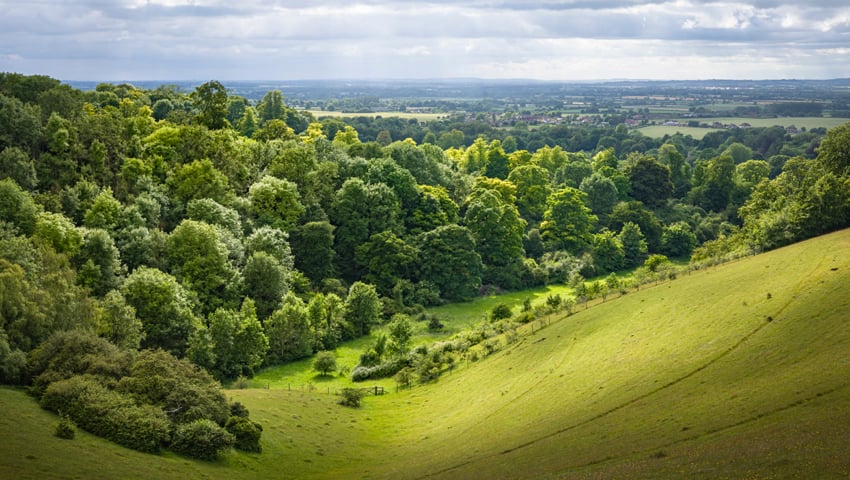The RSPB is calling on Defra to ensure that nature-friendly farming schemes deliver for nature in England, warning that time is running out to ensure that England’s ‘Higher Tier’ Countryside Stewardship schemes are in place across some of our most iconic and nature-rich landscapes.
While the UK’s largest conservation charity says that England’s broader Environmental Land Management Scheme is doing well in securing interest from farmers and offering flexibility when it comes what farmers can be supported to do, it still lacks ambition on restoring nature in some of our most crucial areas.
The RSPB is particularly concerned about the design and delivery of ‘higher tier’ Countryside Stewardship schemes that are essential to support the restoration of protected landscapes and priority sites, such as Sites of Special Scientific Interest (SSSIs).
Today’s call by the RSPB follows ongoing delays to the launch of higher tier Countryside Stewardship and concerns that many older schemes that have helped wildlife recover are expiring this autumn.
Alice Groom, RSPB Head of Sustainable Land Use Policy, said, “We must ensure that schemes that target some of our most cherished and potentially nature rich landscapes are made available as soon as possible and really deliver. This means making sure that they are properly funded, well designed and ambitious. If the UK is going to deliver 30 per cent of land in good condition for nature by 2030, it is going to need the higher tier schemes to do a lot of the heavy lifting in England, and time is running out. Our iconic landscapes, and the farmers within them, deserve better than to be left in limbo.”
Higher tier schemes are critical to maintaining and restoring many significant habitats for wildlife, the RSPB argues. From flower rich hay meadows across the North Pennines – which provide habitat for curlew – to the successful recovery of turtle doves and cirl buntings enabled by rewarding farmers for installing vital habitat features and taking on traditional mixed farming practices respectively.
Providing certainty to farmers so that they can continue to deliver for nature in some of our most diverse landscapes will be paramount, not least as farmer confidence is reportedly at an all-time low. With approximately 1.5 million hectares of habitat and nature rich farmland still managed under HLS, unlocking the ‘win-win-wins’ for nature, climate and farmers through higher tier will only be possible with sufficient financial support and tailored advice, the charity argues.
The call from the RSPB follows independent economic research, released this summer, which demonstrated that the current agricultural budget is significantly less than what is required for the UK farm and land management sector to help tackle the nature and climate crisis.
Groom said, “Evidence shows that we need to increase financial support for nature-friendly farming if we are to meet our legally binding nature and climate targets. Farmers need reassurance that they will be adequately supported in delivering positive change for nature, climate and long-term food security on their farms, especially across our most nature-rich landscapes. Now is the time to realise that ambition before the cost of inaction grows further.”
